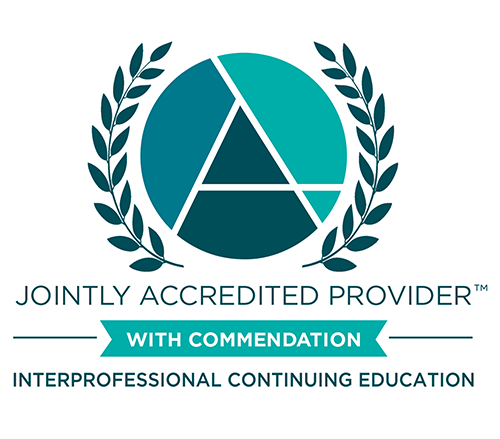Pediatric Surgical Care: Umbilical Hernias
Course Overview
This collaborative learning opportunity will help community general surgeons provide high quality care to pediatric patients. In this course, we will discuss best practices and indications for pediatric umbilical hernia repair. Topics will include timing of repair, indications for urgent repair, pain management and surgical technique.
Practice Gap and Need
Research shows that in Wisconsin umbilical hernias are repaired at younger ages than best practices suggest. Children also receive more opioids for umbilical hernia repair than research suggests is necessary. There are no formal guidelines to guide practice by community surgeons.
Intended Audience
Surgeons.
Learning Objectives
After completing this educational activity, the learner will be able to:
- Describe the new pediatric project in development with Surgical Collaborative of Wisconsin.
- Identify reasons why staying current in children’s surgery is important to Wisconsin surgeons
- Discuss best practices for umbilical hernia repair in children.
Faculty Disclosure
It is the policy of the University of Wisconsin–Madison ICEP that the faculty, authors, planners, and other persons who may influence content of this CE activity disclose all relevant financial relationships with commercial interests* in order to allow CE staff to identify and resolve any potential conflicts of interest. Faculty must also disclose any planned discussions of unlabeled/unapproved uses of drugs or devices during the educational activity.
* The ACCME defines a commercial interest as any entity producing, marketing, re-selling, or distributing health care goods or services consumed by, or used on, patients. The ACCME does not consider providers of clinical service directly to patients to be commercial interests.
Disclosure of Unlabeled Use: The University of Wisconsin–Madison ICEP advises the participant that this continuing medical education activity does NOT contain reference(s) to unlabeled or unapproved uses of drugs or devices
For this educational activity all conflicts of interests have been resolved and detailed disclosures are listed below:
Accreditation Statement
 | In support of improving patient care, this activity has been planned and implemented by the University of Wisconsin–Madison ICEP, and the Surgical Collaborative of Wisconsin. The University of Wisconsin–Madison ICEP is jointly accredited by the Accreditation Council for Continuing Medical Education (ACCME), the Accreditation Council for Pharmacy Education (ACPE), and the American Nurses Credentialing Center (ANCC), to provide continuing education for the healthcare team. |
Credit Designation Statements
American Board of Surgery (ABS)
Successful completion of this CME activity, which includes participation in the evaluation component, enables the participant to earn up to 0.75 Medical Knowledge MOC points in the American Board of Surgery's (ABS) Maintenance of Certification (MOC) program. Participants will earn MOC points equivalent to the amount of CME credits claimed for the activity. It is the CME activity provider's responsibility to submit participant completion information to ACCME for the purpose of granting ABS MOC credit.
American Medical Association (AMA)
The University of Wisconsin–Madison ICEP designates this live activity for a maximum of 0.75 AMA PRA Category 1 Credit™. Physicians should claim only the credit commensurate with the extent of their participation in the activity.
Continuing Education Units
The University of Wisconsin–Madison ICEP, as a member of the University Professional & Continuing Education Association (UPCEA), authorizes this program for 0.075 continuing education units (CEUs) or 0.75 hour.
Available Credit
- 0.75 MOC: ABS Lifelong Learning & Self-Assessment Points (Part II)This activity meets the ABS requirements for CME and self‐assessment credit toward Part 2 of the ABS MOC program.
- 0.75 AMA PRA Category 1 Credit™
- 0.75 University of Wisconsin–Madison Continuing Education Hours
Required Hardware/software
Free, current version of Internet Explorer, Firefox, Safari, or Chrome with audio. Some older browsers and Microsoft Edge could produce error messages or not display the content correctly.
Free, current version of Adobe Acrobat Reader or other .pdf reader.

 Facebook
Facebook X
X LinkedIn
LinkedIn Forward
Forward